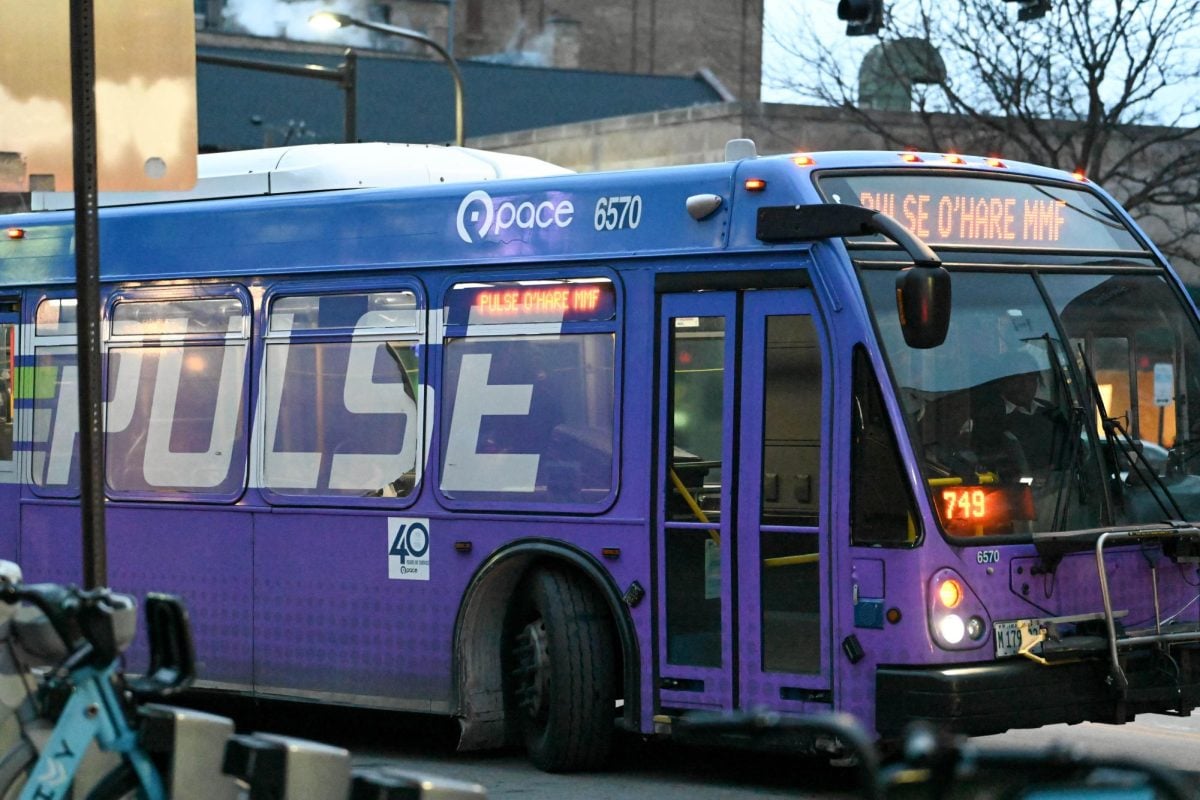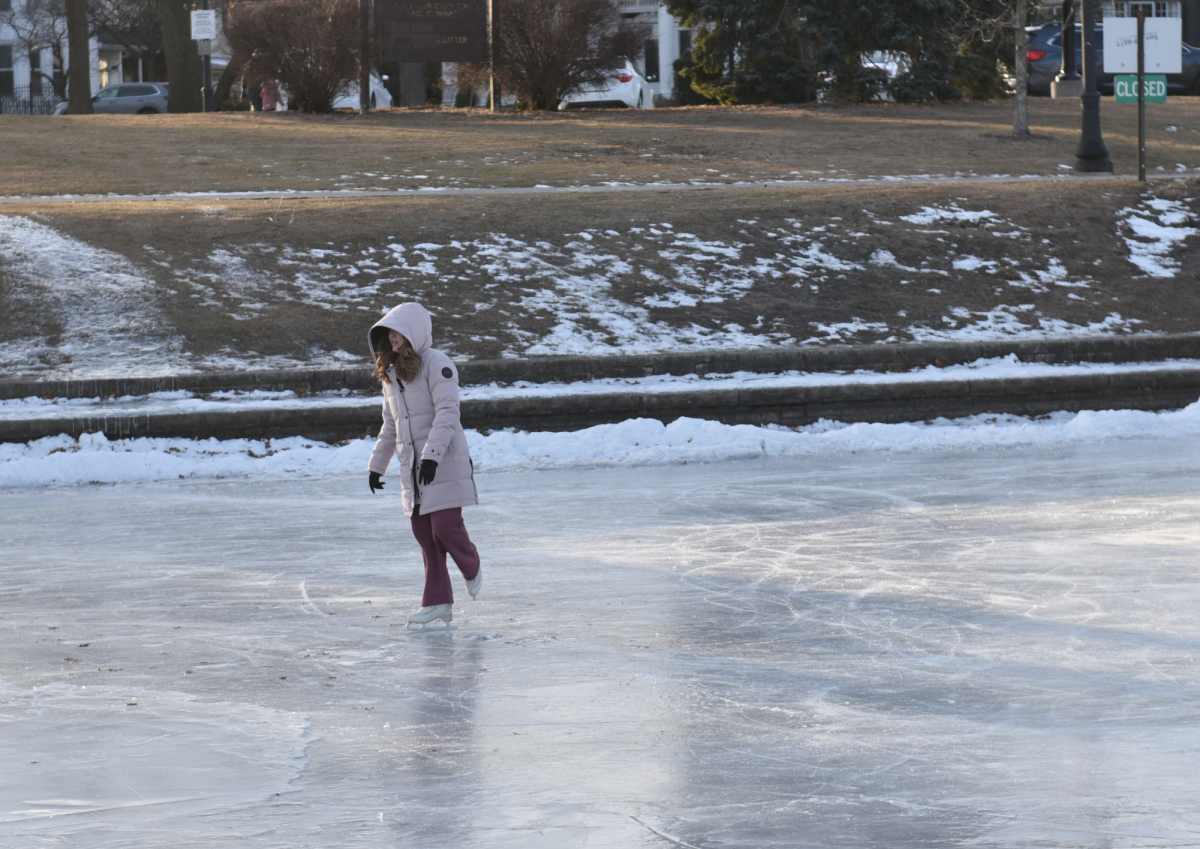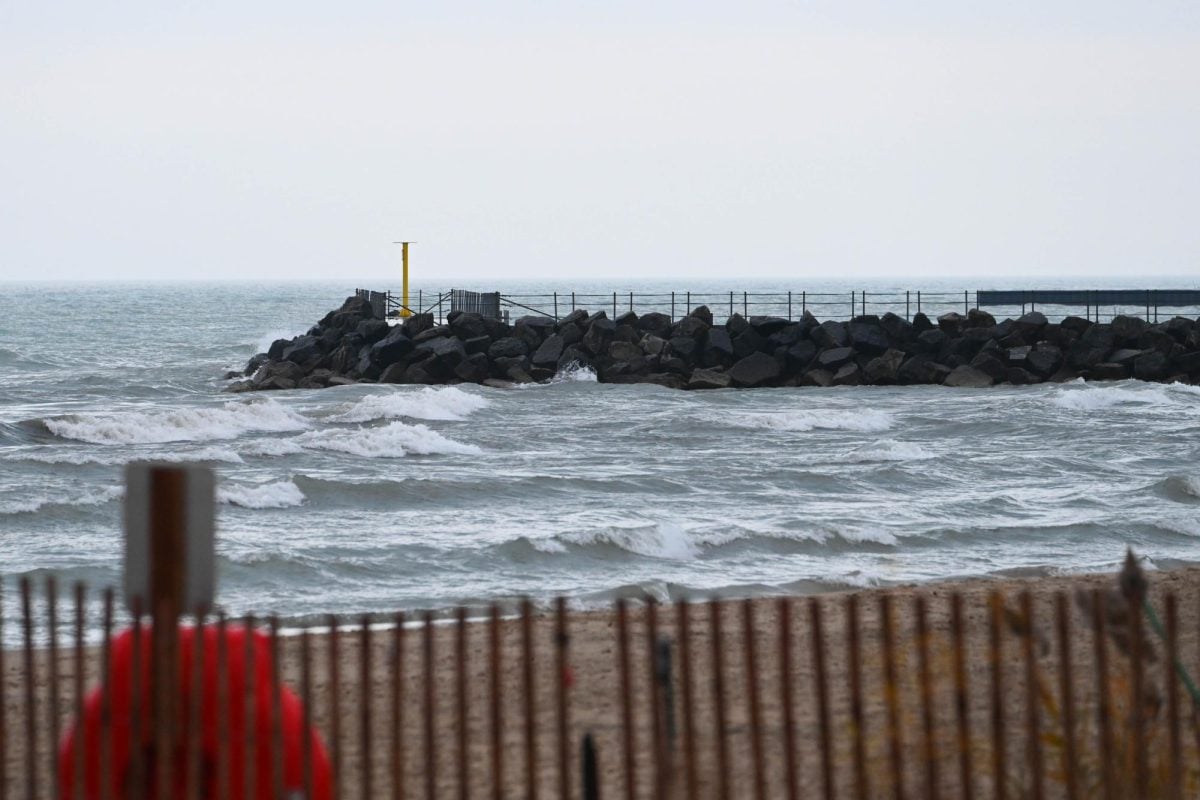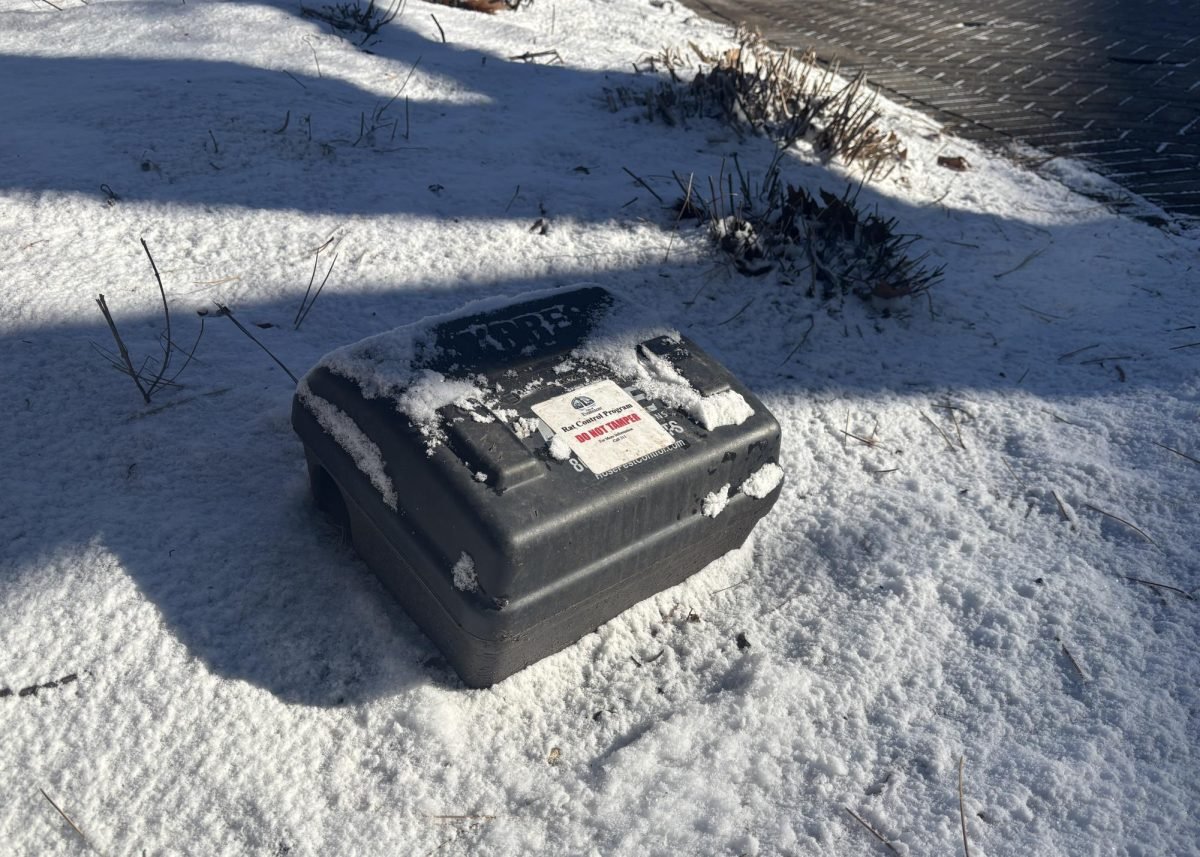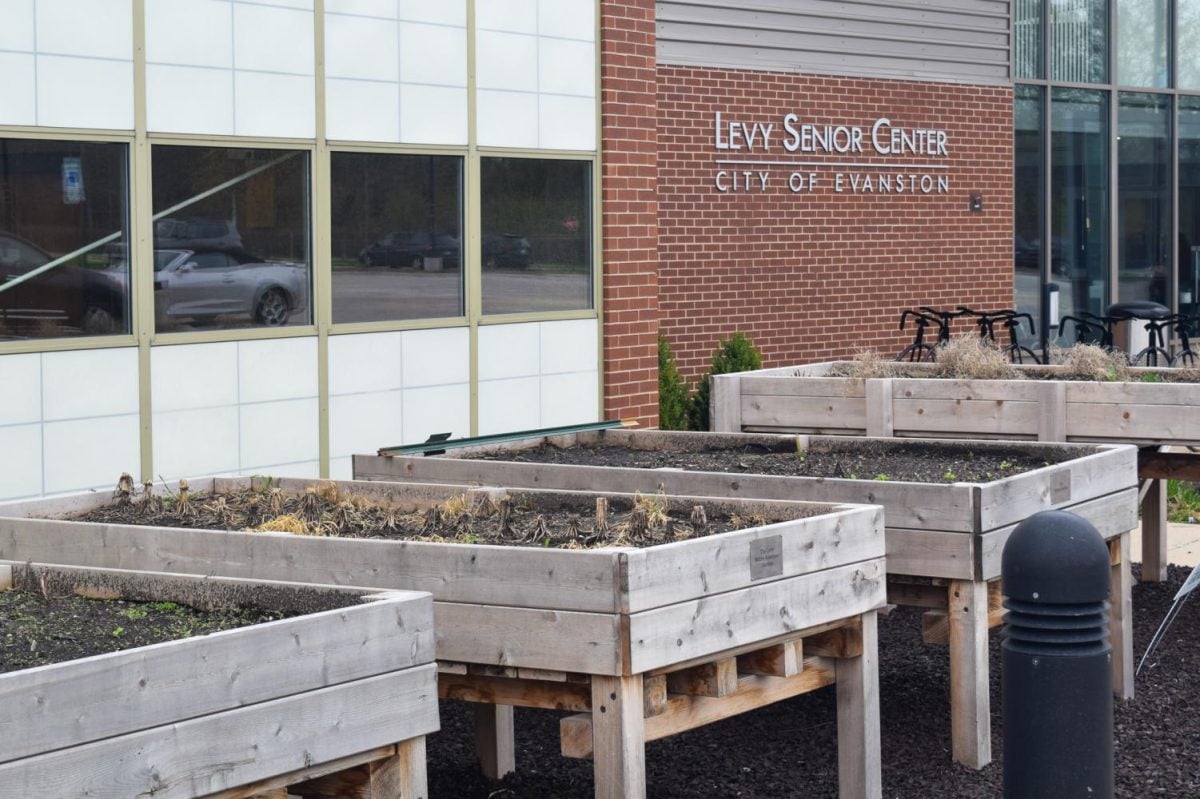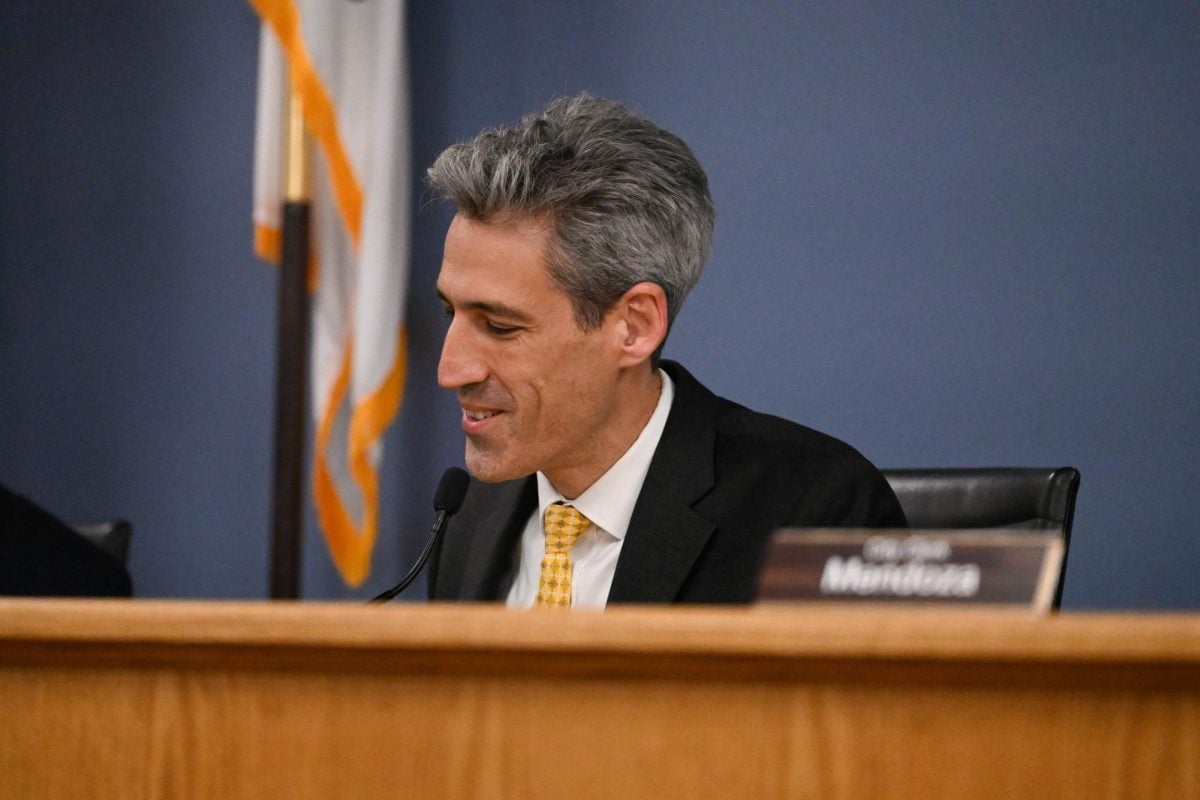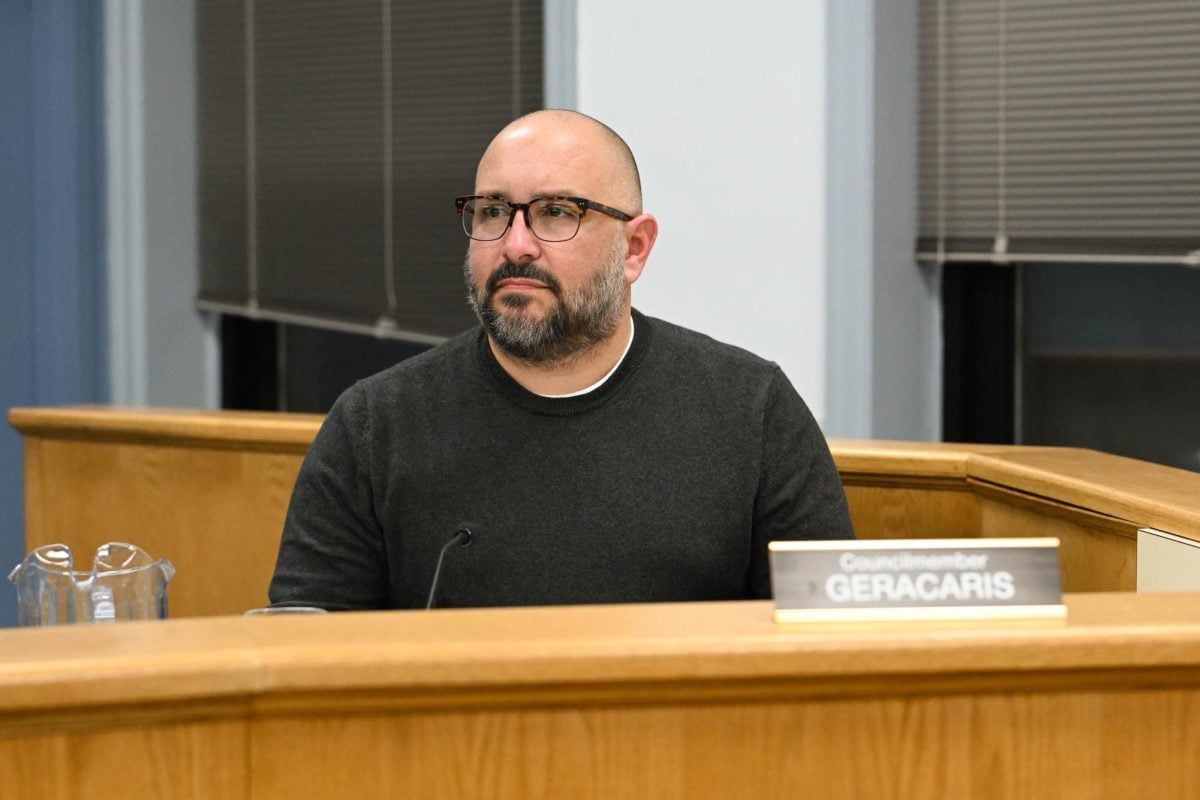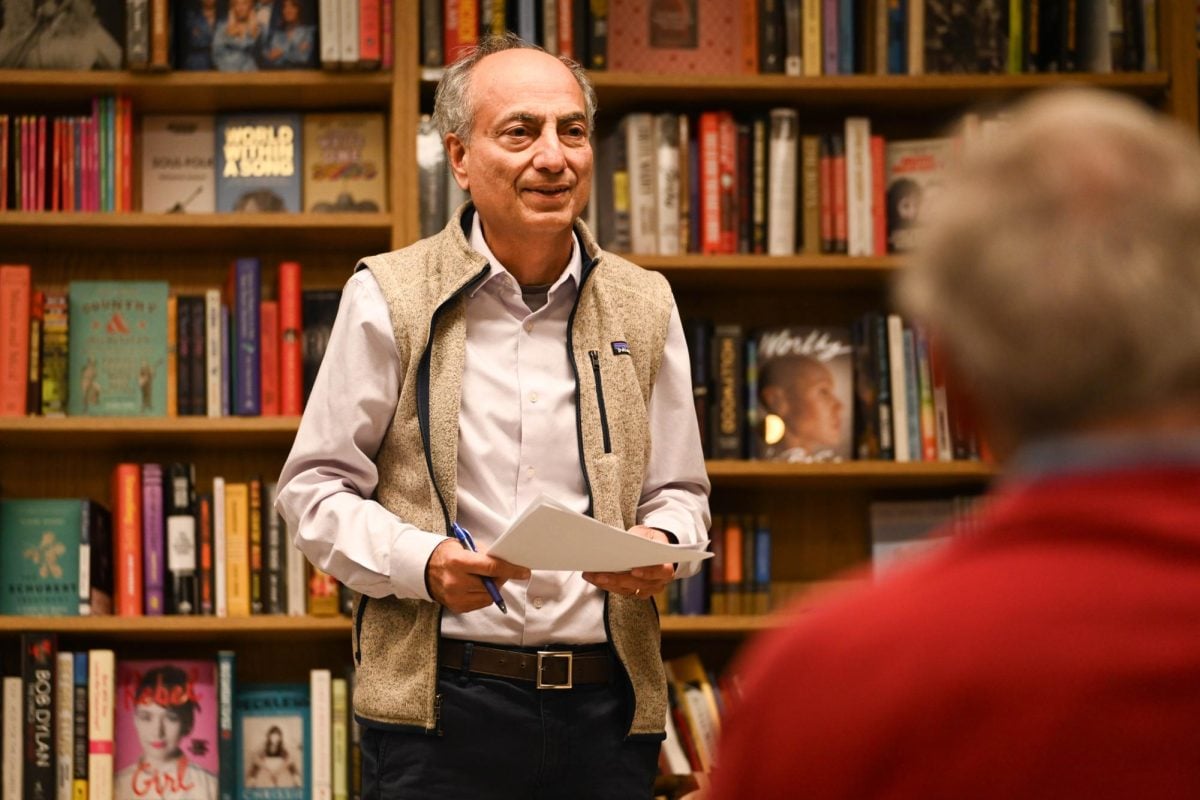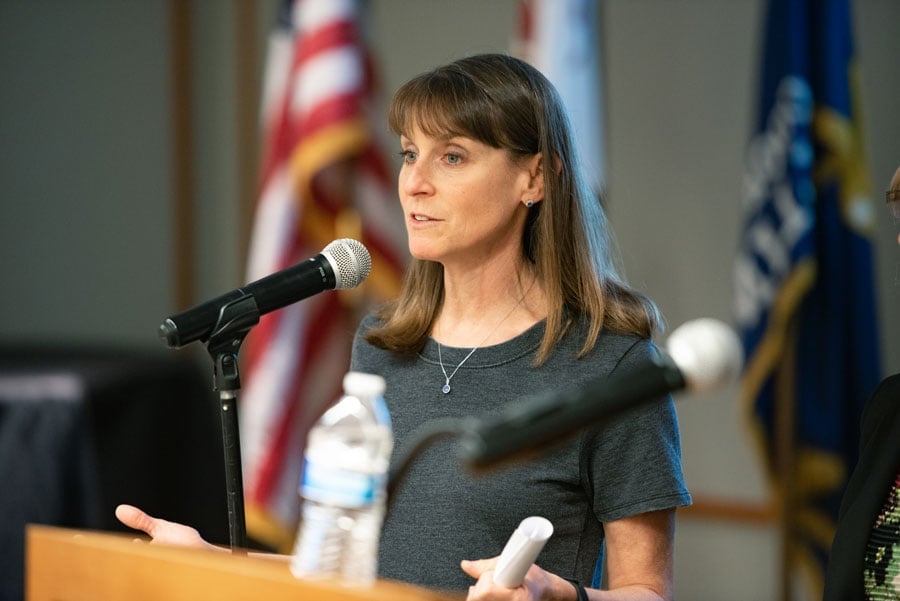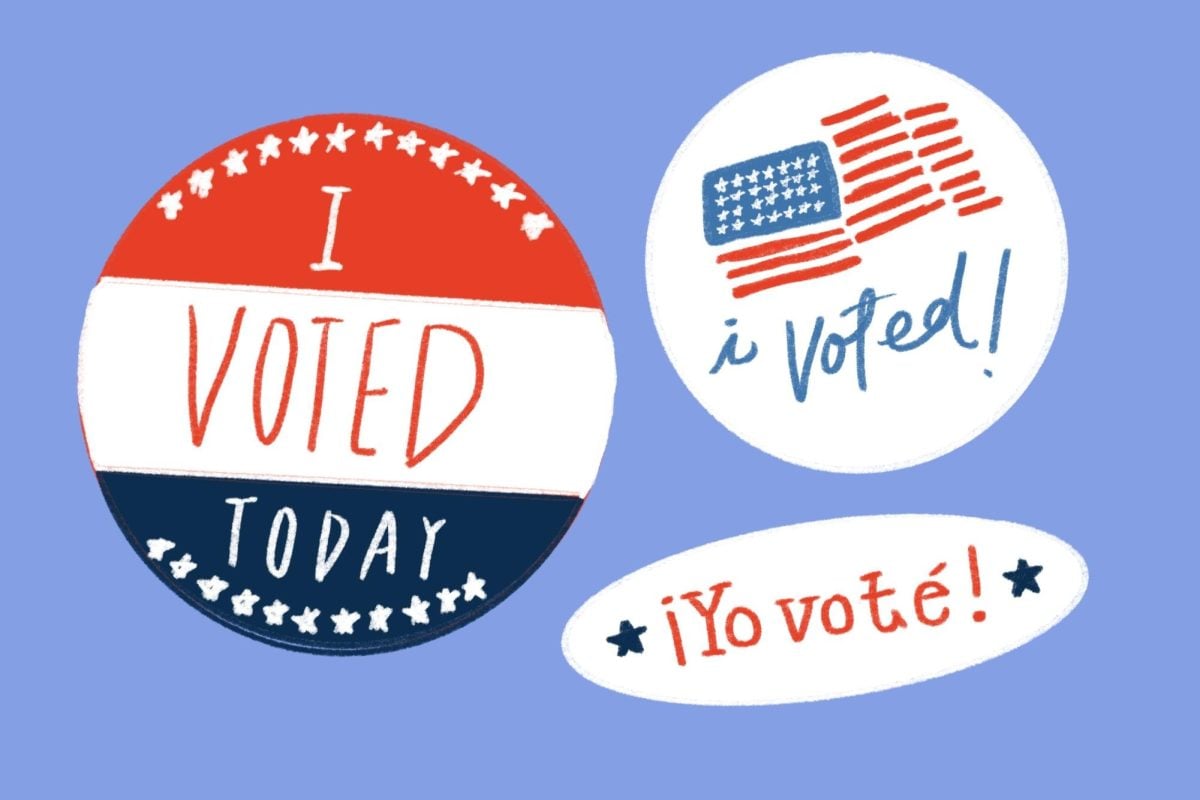The Evanston/North Shore YWCA and the Northwestern Women’s Center sponsored a Community Cafe lunch for women to meet and discuss women’s issues on campus in Parkes Hall on Thursday. The event was one in a series of city-wide conversations the YWCA, a nonprofit women’s support organization, will host over the course of several weeks.
The purpose of these conversations is to allow women to discuss how the YWCA can make Evanston a place in which women can thrive and feel comfortable, according to the event description. Renee Redd, director of the Women’s Center, said the YWCA will use data gathered from the meetings in order to shape its programs, which “will improve women’s lives in the future.”
Redd said the YWCA will explain its future plans March 8, International Women’s Day, and added that NU’s Community Cafe was particularly significant because the YWCA was able to get students’ perspectives on gender issues. Other such meetings had focused mainly on the opinions of community members, she said.
Women’s Center staff member and Weinberg freshman Anna Rennich said the range of perspectives was also an important aspect of the meeting.
“It was interesting to hear about and get ideas from both younger and older women,” she said.
Redd said one of the more serious issues discussed at the meeting was low self-esteem among women on campus. At the lunch, NU students and faculty members discussed the impact men can have on their perception of themselves, she said.
“Some girls were upset with the way undergraduate men talked about women in parties or through texts,” she said.
Although many males do not directly harm females on campus, Redd said girls believe they are constantly being judged during social events, which can lead to these feelings of insecurity.
Redd said students at the meeting wanted to increase awareness of campus self-esteem issues so others feel comfortable expressing their insecurities more often.
The meeting also addressed the need for a stronger sense of community for women. Rennich said students at the meeting wanted more planned events that would allow women to take walks together, go to the movies or go out to eat.
Rennich said she wants events to connect faculty members as well as students. One idea, she said, involved adding mentor programs and professional direction to help women feel more empowered.
Ann-Christine Racette, production manager for the NU Press, said people sometimes view discussions of women’s rights as cliche and trite, despite their significance.
“These discussions are important,” she said. “They allow us to see behind the scenes of what’s really happening to women today.”
Rennich and Redd said they were happy with the meeting’s turnout, and particularly the fact that many of the women who showed up were willing to discuss issues of significance. Both women said women’s rights issues can foster strong feeling, but people do not always know how to express their opinions.
Racette said the women’s issues are often not dicussed because they are more private nature than other types of problems.
“Car crashes are public events, so everyone feels fine about discussing them,” Racette said. “But women’s rights and abuse are private concerns. That’s why there is so little visibility.”
